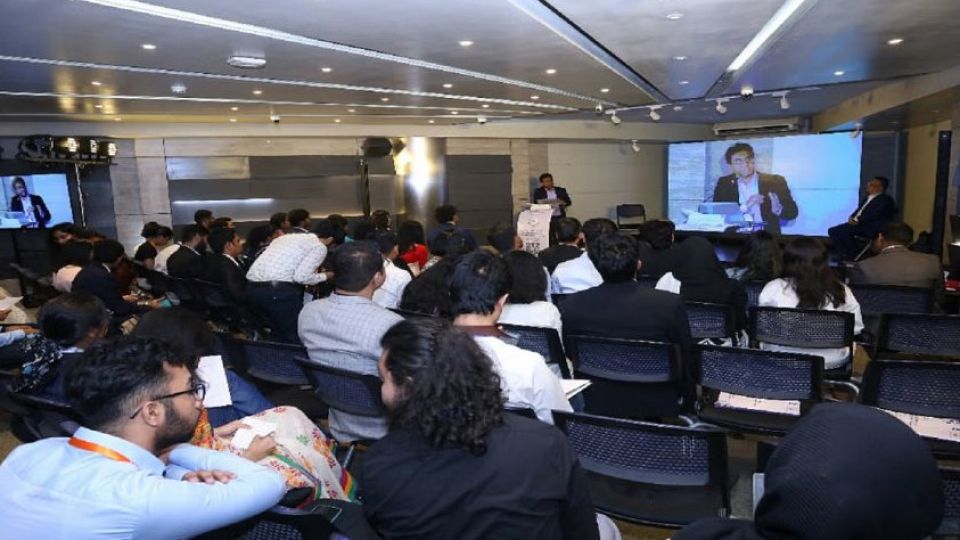February 26, 2024
DHAKA – Bangladesh needs more social protection for workers as a large number of them receive meagre wages, according to an economist.
“At present, just 22 percent of the population are enjoying at least one social welfare facility,” said Iyanatul Islam, an adjunct professor at the Griffith Asia Institute under the Griffith University in Australia.
Speaking at a lecture, styled “The Labour Market and Macroeconomic Policy: Is There an ‘anti-Worker’ Bias?”, Islam suggested increasing the social protection measures so that workers can have better lives.
The event was held as part of the 7th Sanem Annual Economists’ Conference (SAEC) 2024 at the BRAC Centre Inn in Dhaka yesterday.
He also said the workers in the country have negligible coverage under collective bargaining agreements and most of them, or about 95 percent, are employed in the informal sector.
The workers in Bangladesh receive the lowest minimum wage compared to other countries in South Asia, and their income has declined over the years.
“The average increase in real wages has been negative for more than 10 years despite robust growth in productivity,” he added.
Islam pointed out that there are continuing concerns about the lack of safe and healthy work environments while the country’s pro-competition policy does not cover labour market.
“This is because structural features of Bangladesh’s labour market enable the potential use [and abuse] of employer power.”
Unskilled workers with low educational certifications are more likely to become victims of employer abuse, with women being particularly susceptible, added Islam, also a former branch chief of the International Labour Organisation (ILO).
Replying to a query, Islam said artificial intelligence has created both opportunities and risks for jobs.
“But the overall impact is positive,” he added.
Islam explained that social protection, training and education are needed to help workers face risks related to automation as only then can they adopt the required skills to remain relevant.
“Also, social protection is needed to improve the work-life balance of workers.”
While chairing the session, Rizwanul Islam, a former special adviser for employment at the ILO, said the wage fixing process for garment workers last year was suppressed not only by the employers, but also by the government.
“This was not just by design, but also negligence and even collusion.”
The current macroeconomic policy could even create bias as labour market considerations are completely absent, he said.
Against this backdrop, Rizwanul made an appeal to go back to the previous mandate and at least protect the basic interests of workers if not their major interests.
He also suggested going beyond the conventional framework of macroeconomic stability and ensuring adequate employment in labour markets.
Although economists have different recommendations and opinions for the country’s macroeconomy, very few are realised in the labour markets, Rizwanul added.


